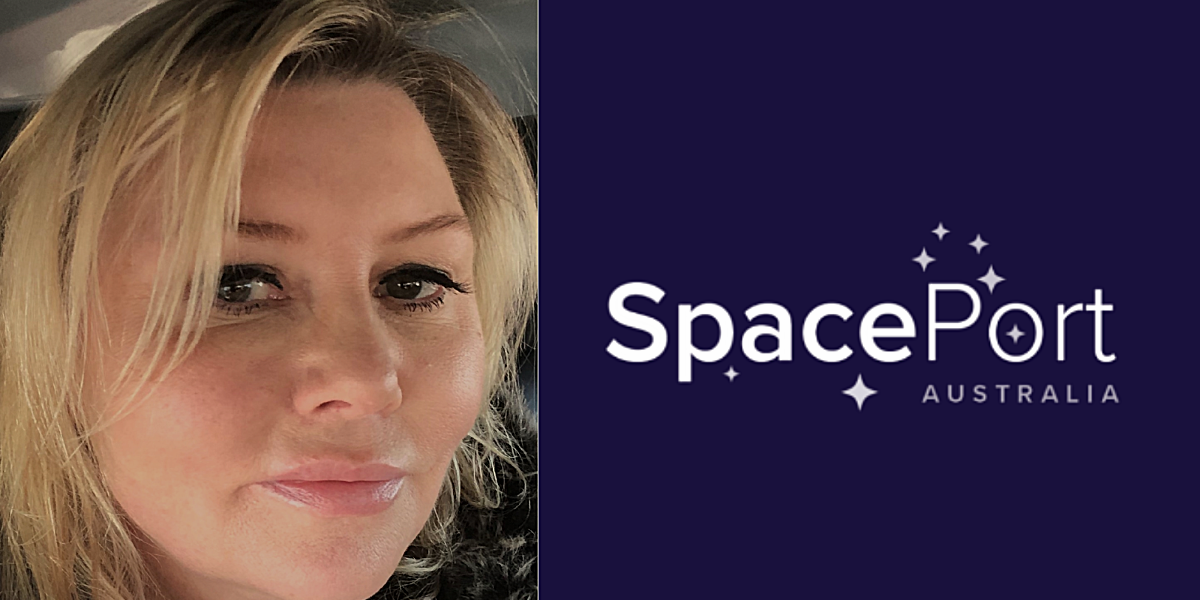Moree’s Dr Gabrielle Caswell has been noticed on a national stage, being named as a finalist in the Australian Space Awards AusSpace24.
The awards recognise the nation’s top space industry professionals and businesses, with Dr Gabrielle Caswell being named as a finalist in three categories: Female Space Leader of the Year – Enterprise, Mentor of the Year, and Innovator of the Year.
Dr Caswell is the Founder and Director of Space Port Australia, an independent research hub aimed at engaging with Australian practitioner-scholars, with their wealth of remote medical knowledge, to increase their contribution to space medicine.
Space Port Australia has created independent pathways for individuals who wish to work in space to be able to engage commercially, academically, and educationally.
Dr Caswell said she is humbled by the unexpected announcement.
“There is such a high calibre of individuals contributing to the Australian space effort, that just to be included in the same categories as these individuals is a fabulous win for independent researchers.”
Dr Caswell is known for her forward-thinking approach to space medicine and with commercial space exploration just around the corner, and Artemis III to launch in September 2026, Australians have a part to play.
Space Port Australia has created several commercial and educational alliances with companies and organisations across the world to research space health, human factors and molecular and cellular biochemistry in microgravity.
Dr Caswell’s Story
Dr Caswell has been ‘playing around in space’ since 2011 and feels practitioner scholars, like herself, haven’t had their fair representation in space consideration.
“There are a lot of what we call practitioner scholars, people like me who work as a doctor, and have a certain skillset, particularly rural and remote medicine, is the ideal skillset for space.”
“We didn’t have an avenue where we can contribute,”
Until now.
“We’ve started moving forward through education and looking at some technology that we would like to develop and basically looking at how we can keep humans alive in space.”
“Humans are very well doing quite well on Earth, but the minute we move out of nine meters to the second gravity, we do different at all.”
“Blood does not clot in space, so your immune system doesn’t work, and, you know, it’s two days to get back from the moon – we can see the scenario there, it’s worse than having a heart attack.”
“If we have journeys that are going to take 40 years, 50 years, and we want to reach the external edge of our solar system, with our current technology, we now need to come to grips with the concept of retirement age may not exist.”
“We may have to deal with dementia in space, we may have to deal with children being born on spaceships, and the intergenerational knowledge gap is going to have to be transferred for the next generation trained.’
“We saw what isolation did to people in COVID.”
“Now you take some of the worst scenarios in COVID and you put them in spaceships, up to 10,000 kilometres from Earth, with no communication, no resources, and no way to step outside to get some sunshine and fresh air.”
“That’s where we need to start.”
The Awards Evening
The AusSpace24 Awards will be held tomorrow, Tuesday 28th of May, 2024 at the Australian Space Summit, ICC, Sydney Australia.
Like what you’re reading? Support The New England Times by making a small donation today and help us keep delivering local news paywall-free. Donate now

